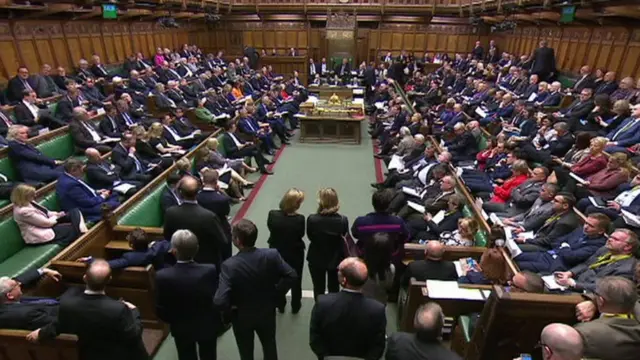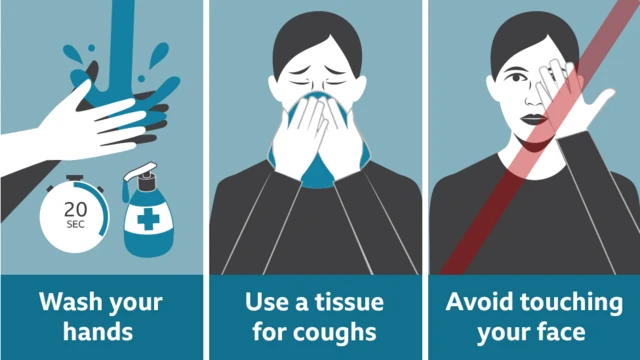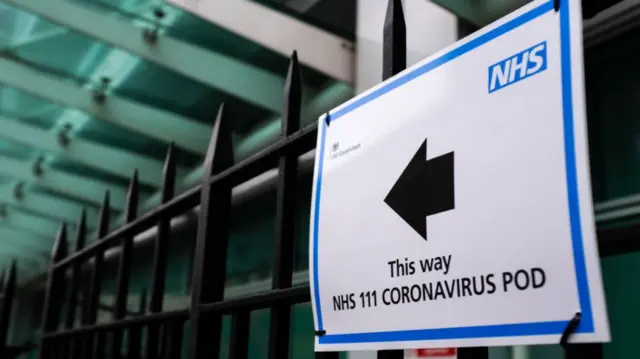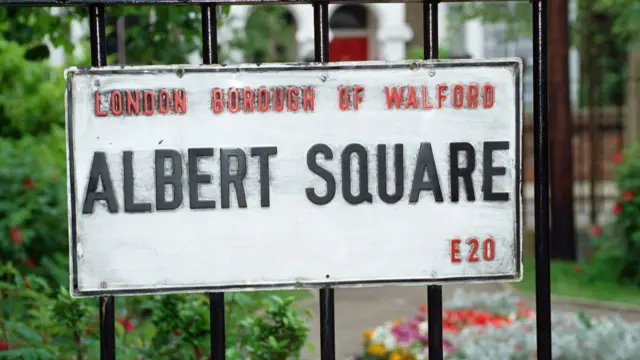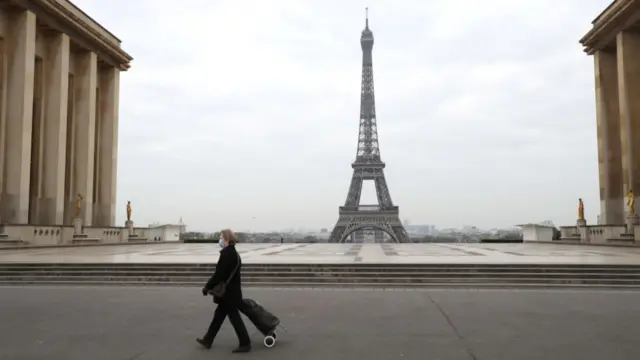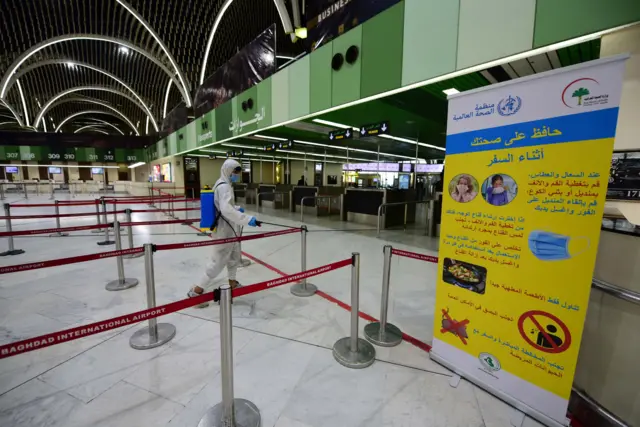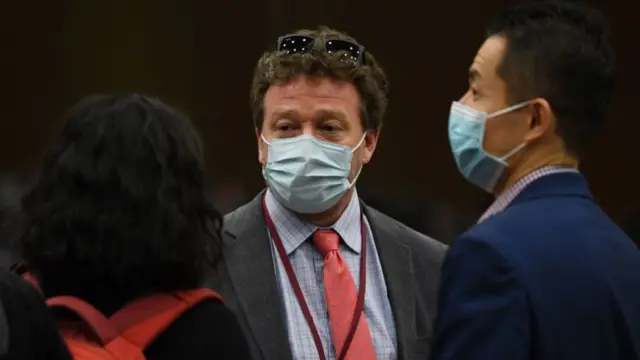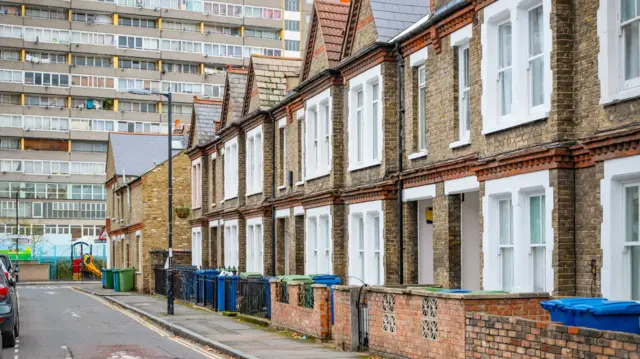Do masks actually help?published at 11:43 GMT 18 March 2020
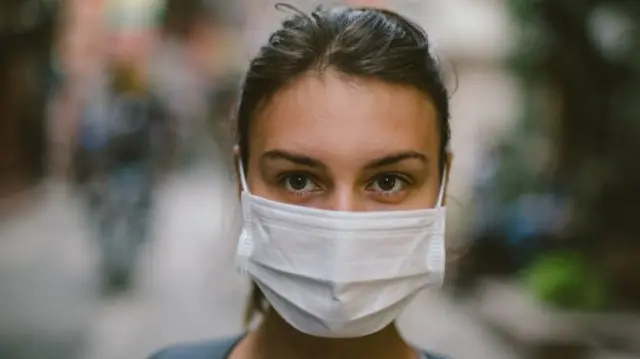 Image source, Getty Images
Image source, Getty ImagesMore and more people are wearing masks on the streets of cities across the globe.
A microbiologist from the University of Hong Kong has even called for people who don't wear face masks to be banned from using public transport there, in light of a surge in the number of imported cases of Covid-19.
But the WHO's guidance on face masks, external still stands (despite all the pressure you might be feeling to wear them on the street):
- If you are healthy, you only need to wear a mask if you are taking care of a person with suspected 2019-nCoV infection
- Wear a mask if you are coughing or sneezing
- Masks are effective only when used in combination with frequent hand-cleaning with alcohol-based hand rub or soap and water
- If you wear a mask, then you must know how to use it and dispose of it properly
In January, Dr David Carrington, of St George's, University of London, told BBC News "routine surgical masks for the public are not an effective protection against viruses or bacteria carried in the air", which was how "most viruses" were transmitted, because they were too loose, had no air filter and left the eyes exposed.
But they could help lower the risk of contracting a virus through the "splash" from a sneeze or a cough and provide some protection against hand-to-mouth transmissions.

